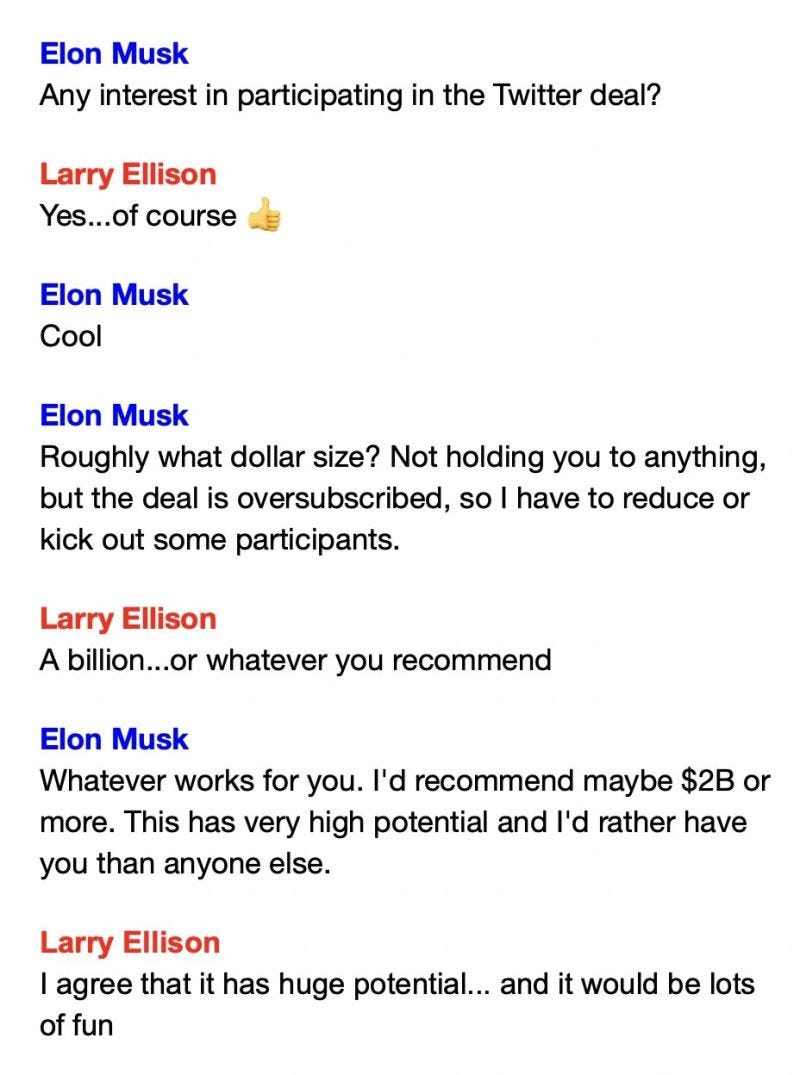#15 Your networks are your superpower
It applies to entrepreneurs too.
I have been writing blogs based on a chapter in my recent book The 'Benefit' Blueprint for Startup Success. It is about 25 questions every entrepreneur must ask themselves.
This blog brings me to the 15th question. If you want to dive deeper into other questions, please subscribe to my blog.
Now to question #15:
Do I have a support network that values a benefit-focused approach? Many organisations and startups suffer from ‘groupthink’. Looking at a benefit-focused approach may need challenging or questioning the norm. Do you have a network within and outside the organisation that encourages and supports a benefit-centric approach?
Startups and businesses don’t exist in a vacuum. Every entrepreneur, whether they realise it or not, is embedded in a network—of peers, mentors, partners, investors, and competitors.
However, not all networks are equal. Some drive innovation and challenge norms, while others fall into the dangerous trap of groupthink—where consensus overrides fresh perspectives, and people follow the herd rather than question if they truly deliver value to the customer.
Note to founders: You also have to remember this when you send spammy emails seeking investments to prospective investors, build relationships first. The following text will give you some idea.
How Elon raised money for his venture - Are you intrigued?
For any entrepreneur committed to a benefit-focused approach, having the right support network is critical. The people around you will either reinforce your drive to create genuine value or pull you into the all-too-common trap of chasing short-term gains, vanity metrics, or approval from the wrong circles.
“You are the average of the five people you spend the most time with.”
-Jim Rohn
So, do you have a network—both inside and outside your organisation—that encourages and supports a customer-benefit-centric approach?
1. Relationships Are Earned
One of the most underrated moats in business is relationships. They cannot be bought or transferred, only cultivated over time. The right network provides a safety net (or a shoulder to cry on) when things go wrong—trusted people will offer honest feedback, provide support, and never intentionally harm you.
Take the example of Warren Buffett and Charlie Munger. Their business partnership had spanned decades, built on trust and a shared commitment to value investing. The strength of their relationship allows them to challenge each other without fear, making Berkshire Hathaway a powerhouse. ( Look around synergy amongst founders is where the most successful startups sit - Atlassian, Google, Apple, Uber just pick a name and you will see it for yourself - but more on this in another blog)
A strong network minimises risk and creates long-term leverage. If you’ve built trust over time, people will naturally support your vision, share insights, and even connect you to opportunities that money alone cannot buy. Relationships are emotional.
If you don’t yet have a deeply rooted support system, start earning it—through reciprocity, reliability, and consistently providing value to others.
2. The unapproved Asking
It’s common in fundraising, networking, or even career advancement—people ask for favours before earning the right to do so. Sending cold emails to investors, requesting introductions, or seeking partnerships without prior value exchange rarely works.
“Give, and you shall receive. But give first.” – Robert Cialdini, Influence: The Psychology of Persuasion (Amazon link)
Think of relationships as compounding assets. Those who have built goodwill over time find doors magically opening—because they’ve invested in relationships long before they needed anything in return.
Before making a request, ask yourself: Have I earned the right in this relationship? If not, start by giving value first.
3. Comparing Without Context
A common mistake entrepreneurs make is comparing their progress to others without understanding the backstory.
A competitor may have raised millions—but you don’t see the decade of relationship-building that led to that funding.
Another startup might have scaled rapidly—but you’re unaware that their founder’s family owns distribution networks.
Many generational businesses possess advantages that cannot be replicated with money alone. Their relationships, earned over decades, create a moat that even aggressive newcomers cannot challenge.
“Comparison is the thief of joy.” – Theodore Roosevelt
Instead of comparing, focus on building your own moat—whether through long-term partnerships, deep customer relationships, or an unwavering focus on customer benefits.
The fastest way to fail is to copy others without understanding the invisible assets that made them successful.
4. Networks Inside vs. Outside Your Industry
Most startups fail when they rely only on internal expertise. The best companies leverage external networks to gain cross-domain insights and create unfair advantages.
Inside-the-business networks are valuable for team alignment and execution. They ensure everyone moves in the same direction and supports the customer-benefit focus.
Outside-the-business networks provide fresh insights, connections, and cross-industry innovation. Many breakthrough ideas come from outside the immediate industry.
For example, Elon Musk didn’t invent electric cars, space travel, or payment systems. But by connecting networks across multiple domains, he built Tesla, SpaceX, and PayPal—leveraging knowledge from software, engineering, and physics to solve problems in a unique way.
“Your ability to learn faster than your competition is your only sustainable competitive advantage.” – Arie de Geus, The Living Company (Amazon link)
If you’re only networking within your industry, you’re limiting your potential leverage. Seek cross-domain experts who challenge your thinking.
5. Reciprocity
Everything valuable in life—money, time, love, and respect—must be earned. These are currencies that can either be accumulated or lost based on how we invest in others.
You can earn:
✅ Money – By providing exceptional value.
✅ Time – By automating or delegating effectively.
✅ Love – By giving selflessly before expecting a return.
✅ Respect – By being competent and reliable over time.
“Play long-term games with long-term people.” – Naval Ravikant
What’s interesting is that one can often substitute for another:
If you don’t have money, use time and effort to earn it.
If you don’t have time, leverage money to free yourself.
If you lack connections, build respect first, and doors will open.
At its core, business networks operate on this same principle—you earn trust, loyalty, and influence through consistent, benefit-driven reciprocity.
Your support network isn’t just about business—it’s about life itself. Invest wisely in relationships, and they will sustain you when everything else falters.
Let Networks become your superpower
A benefit-focused network validates your ideas, it questions them, challenges norms, and helps you stay accountable for delivering real value.
The right network:
✅ Encourages critical thinking rather than groupthink.
✅ Minimises risk through trusted, long-term relationships.
✅ Doesn’t allow blind comparisons but focuses on unique moats.
✅ Combines internal and external networks for leverage.
✅ Foster’s reciprocity—where money, time, love, and respect are all earned.
If your current network doesn’t support this approach, it’s time to rethink who you surround yourself with.
If you like deep dive ….
Recently, I have been writing blogs about 25 questions every entrepreneur must ask themselves. These are based on my book The 'Benefit' Blueprint for Startup Success.
© Sameer Babbar
If you would like my ideas mailed to your Inbox first please also join me on my Substack
Disclaimer: This is for information only. It does not consider your objectives, financial situation, or needs. The author, his company, his associates, his directors, his staff, his consultants, and his advisors do not accept liability for any loss or damage, including, without limitation, any loss that may arise directly or indirectly from the use of or reliance on the information provided








